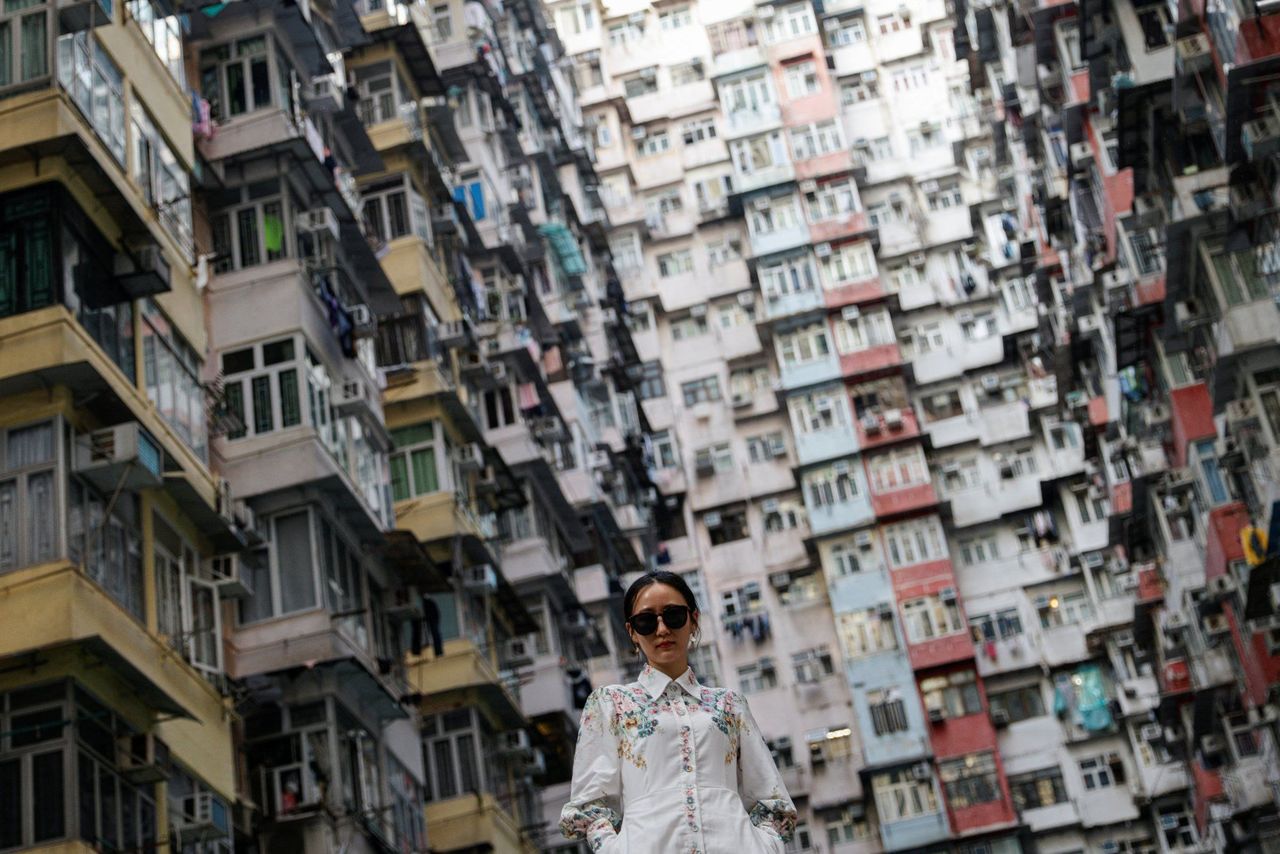Hong Kong News

Fewer budget handouts are a blessing in disguise for Hong Kong
The budget Financial Secretary Paul Chan Mo-po delivered last week might have been the most challenging one for him yet. Chan became financial secretary when the city had huge reserves, which afforded him the leeway to pay for crowd-pleasing measures, such as the consumption vouchers that came to save the day during the Covid-19 pandemic’s darkest days.
By harping on our finite resources and budget deficits, Chan has in the past done reasonably well to manage people’s expectations. But the tactic has become less convincing.
Even with the government handing out HK$5,000 (US$640) consumption vouchers, on top of other “sweeteners” such as tax allowances, the general consensus is that this year’s budget is just a “better than nothing” budget.
The handouts drew on coffers fattened by previous administrations. But with our falling revenues and a negative economic outlook, they have become increasingly unaffordable.
In 2020, Chan called the handout an “exceptional measure taken in the light of the current unique circumstances”. The situation has changed, even if households and businesses are still struggling.
Perhaps this is also a “blessing in disguise” budget. It’s a good thing that the government can no longer rely on handouts in lieu of coming up with better policies. At the end of the day, giving money to the people isn’t sound or sustainable public finance management.
The truth is that we simply cannot pass out money every year like it’s candy at Halloween. We need to get unhooked from our sugar dependence. Resources are limited and should be better allocated to support those who need it most.
Prolonged sweetener measures, such as having the government pay for part of our utility bills and government rates for years, have side-effects. We become dependent on the government and this dependence helps mask the real issues. The cost of living in Hong Kong is simply unaffordable for most people, and we let the government off the hook for not getting on with addressing the city’s deep-rooted problems.
Now with fewer handouts available to soothe the pain of our cost-of-living issues, the government will be forced to look at why, for example, the child allowance rate is not nearly high enough.
Recent data shows that births in the city fell to a record low of 32,500 last year. Until the government gets serious about addressing the needs of families with young children and crafting policies that support work-life balance, career advancement for mothers and childcare services that can provide real incentives for young families, our birth rate will continue to drop.
Hong Kong’s current struggles do not have simple fixes. The government is learning the hard way that things don’t magically happen at the snap of one’s fingers, and there are corners that simply cannot be cut.
Let the latest fiasco over the Top Talent Pass Scheme – which offers successful candidates a two-year visa – not requiring applicants to declare of any prior criminal convictions be yet another lesson of the ramifications of poorly planned and hastily executed policies.
 A tourist poses for a photo at a residential area in Hong Kong on
February. After three years of Covid-19 standstill, rebooting the
economy will take time.
A tourist poses for a photo at a residential area in Hong Kong on
February. After three years of Covid-19 standstill, rebooting the
economy will take time.
It takes time to reboot our economy. It takes time for the tourism industry to recruit people to run tours and drive coaches. The city’s brain drain is a human resources nightmare across most sectors. We are playing catch-up and struggling to undo the damage of the last three years.
Chan’s launch of the “Happy Hong Kong” campaign is a distraction at best. We are now throwing money at organising gourmet festivals and food fairs for our happiness.
Bingeing our way to happiness does not seem like a way forward at all. We really shouldn’t be kicking our budget sweetener cravings so we can bury ourselves in comfort food fests after being overworked, exhausted by what it takes to raise a family in this environment.











